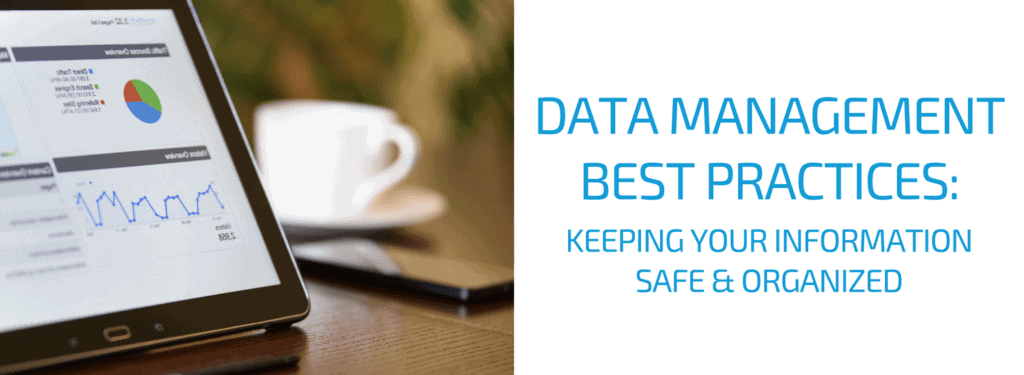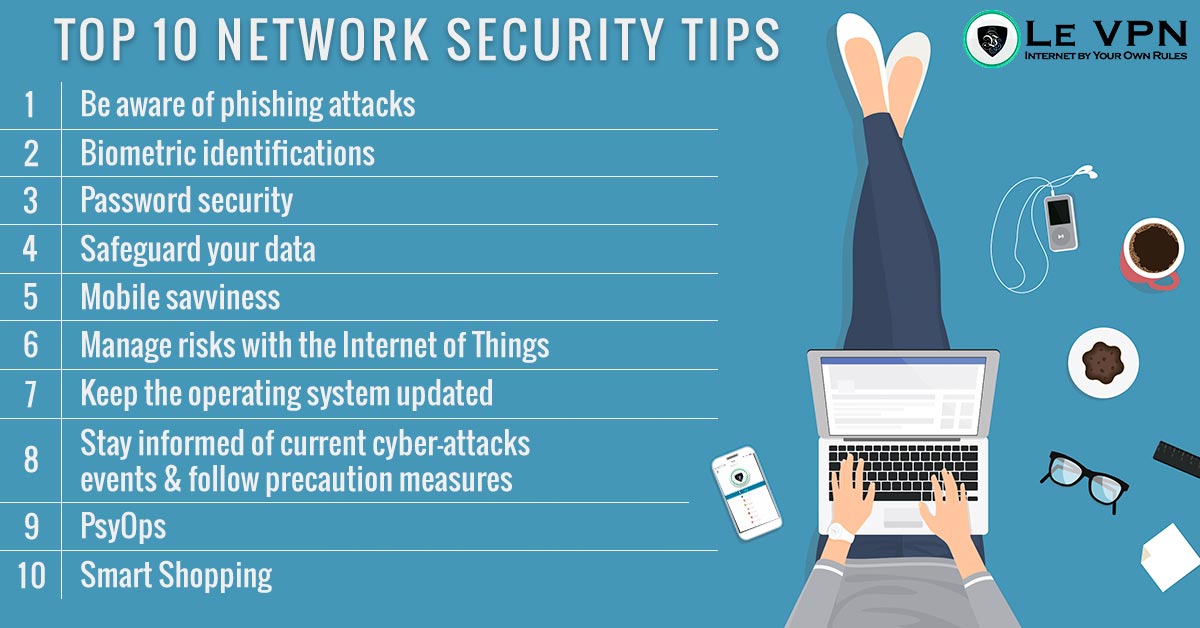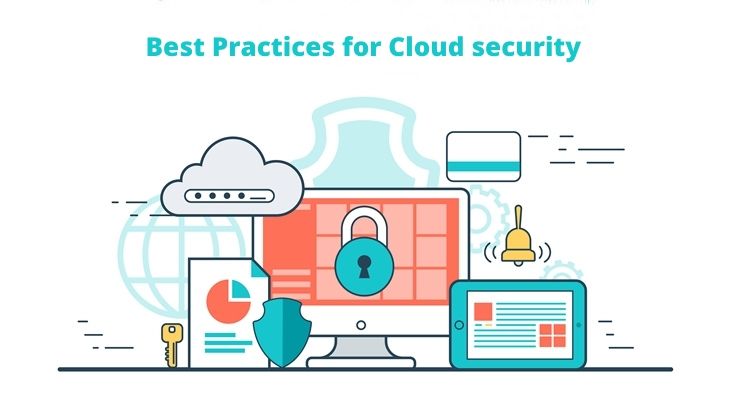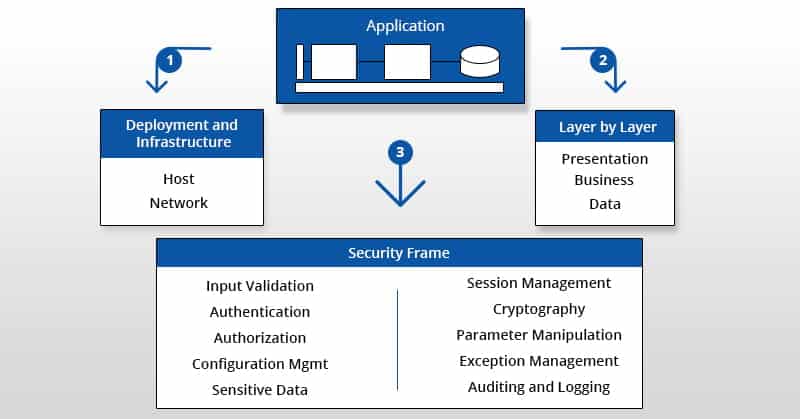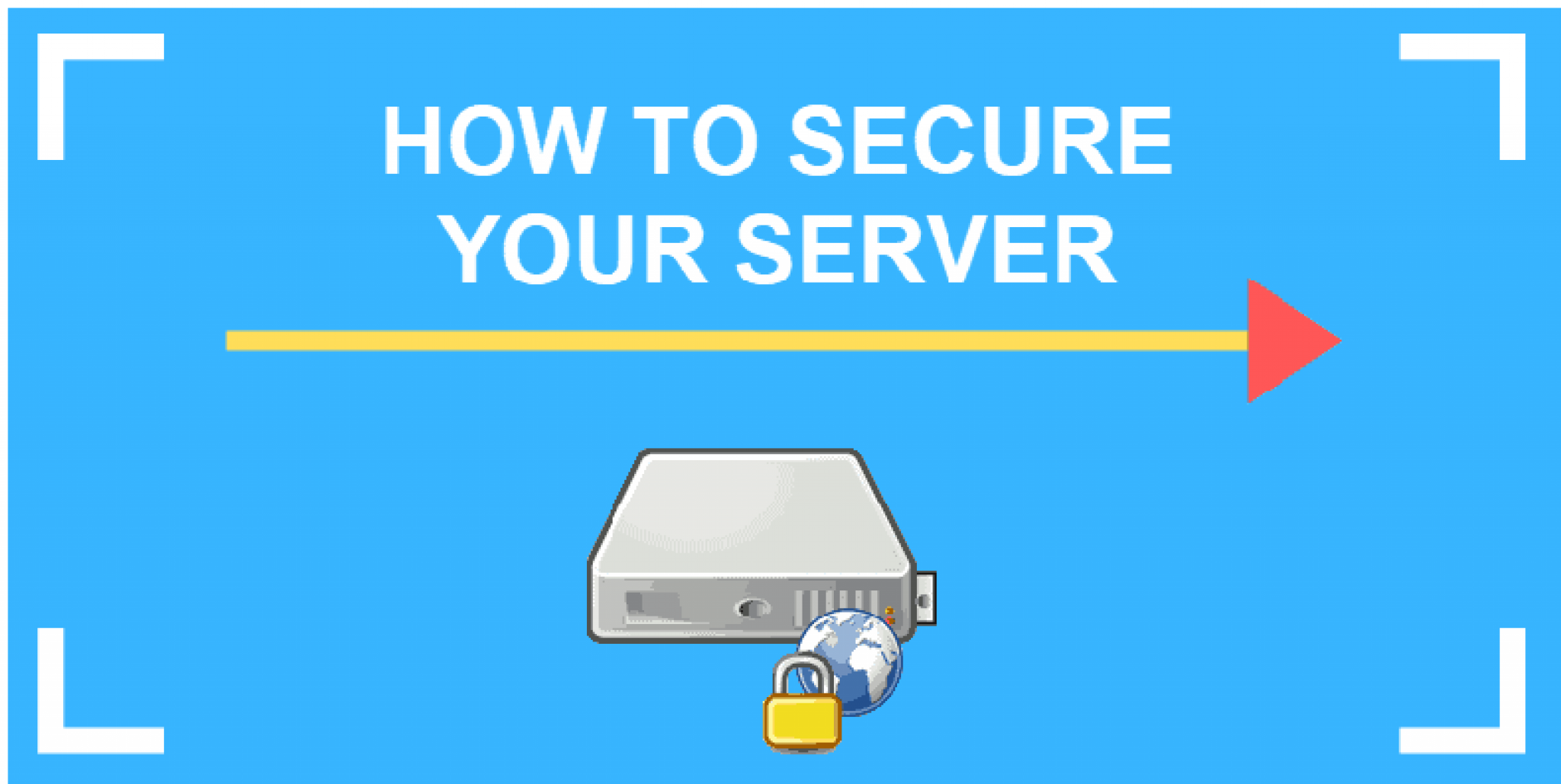Vps Security Best Practices Keeping Your Data Safe
Vps Security Best Practices Keeping Your Data Safe. Data Protection: It prevents unauthorized access to sensitive data, protecting you from potential legal repercussions and breaches. Essentially, virtualized servers mimicking dedicated servers within larger servers, VPS, are highly susceptible to cyber threats due to their connectivity to the internet.
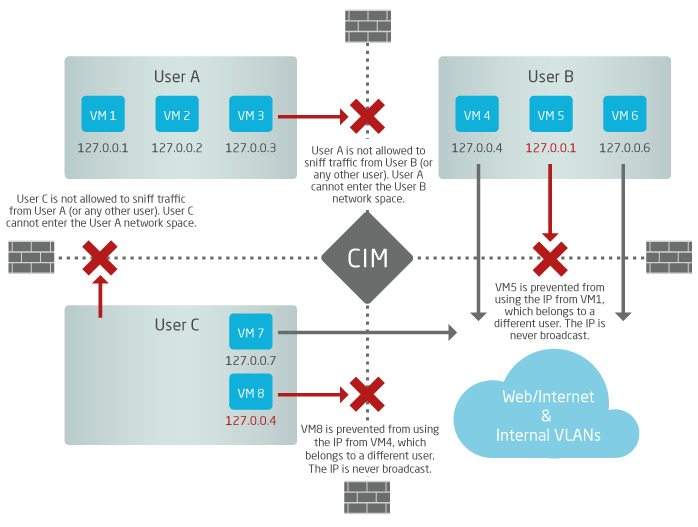
When you get your firewall right, you make it much harder for attackers and keep your VPS safe.
Well timed patching is pivotal to your VPS safety, as core working system patches safe your VPS internet hosting and cease hackers from utilizing well-known exploits in opposition to your servers.
Utilize antivirus tools and perform regular scans to detect and mitigate threats. Keeping VPS protected from potential threats and weaknesses involves a suite of protocols, tools, and best practices. Each of these services is a critical part of the overall secure VPS hosting framework.
